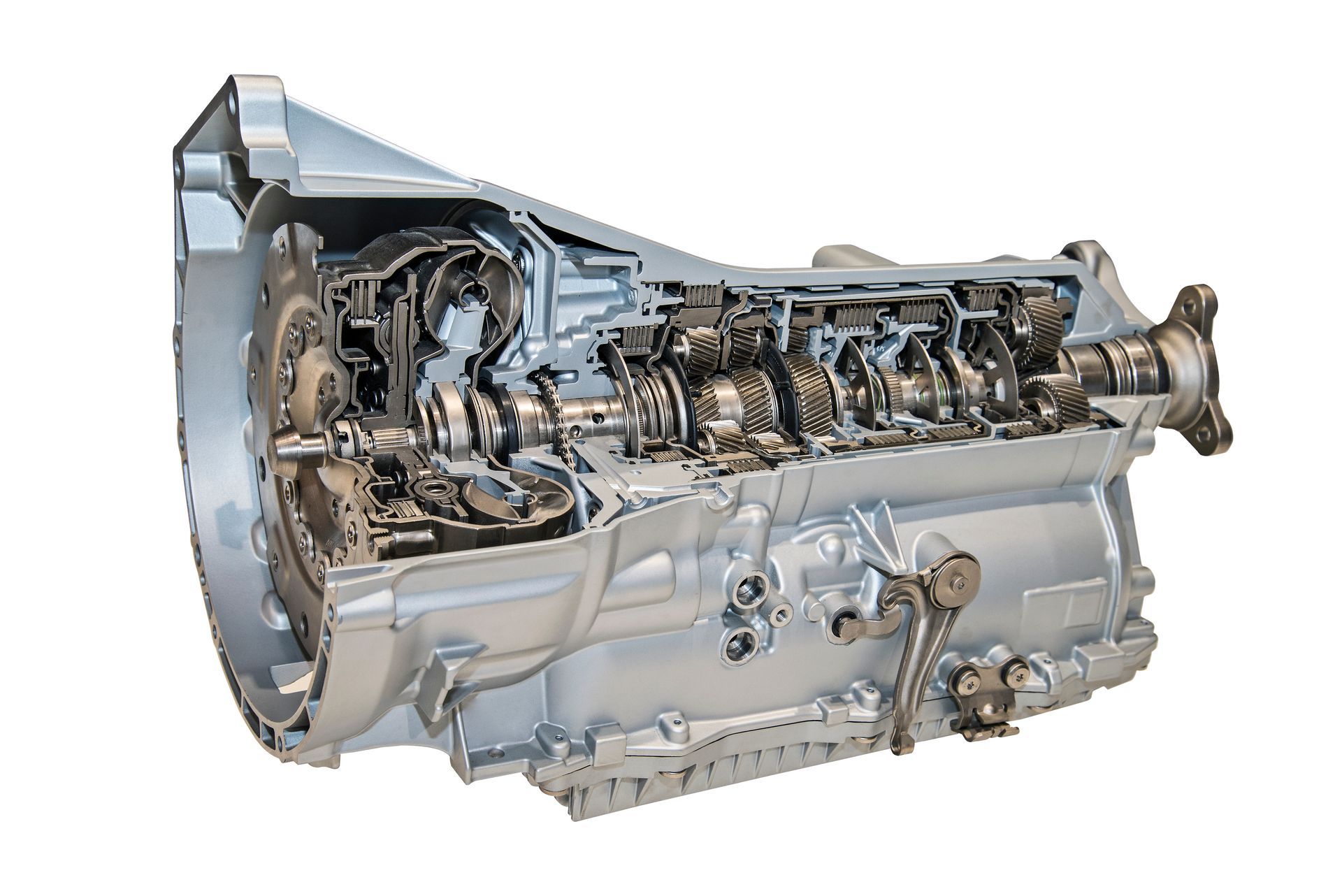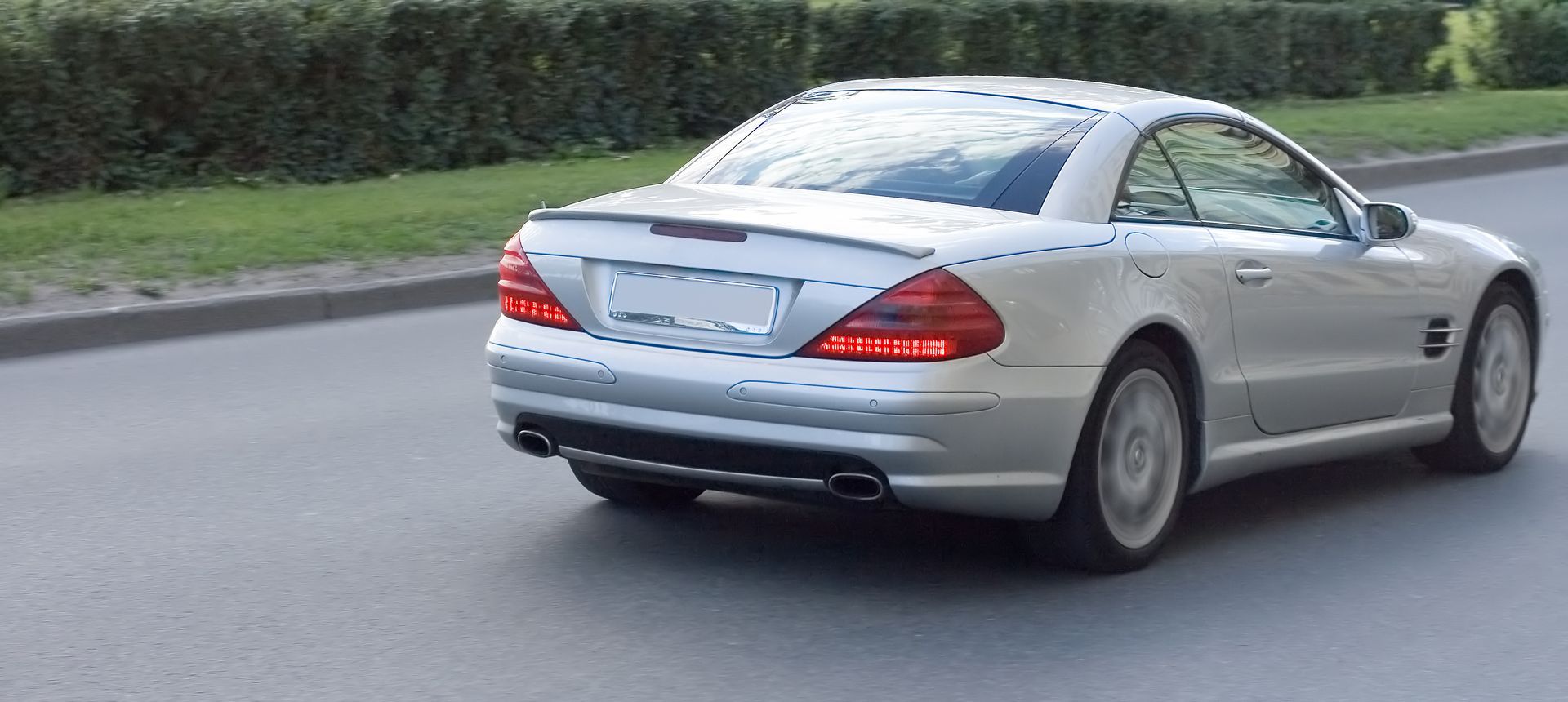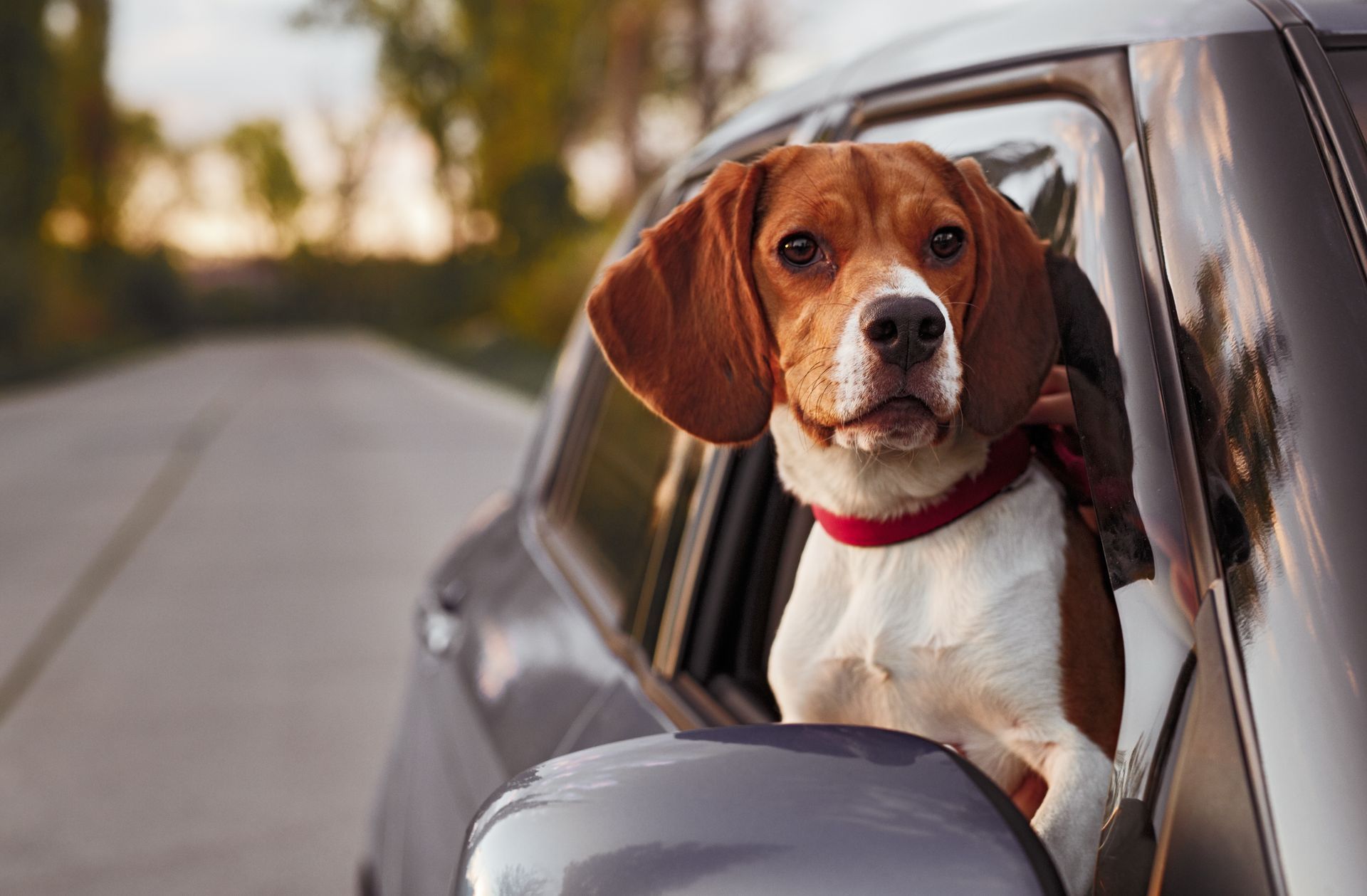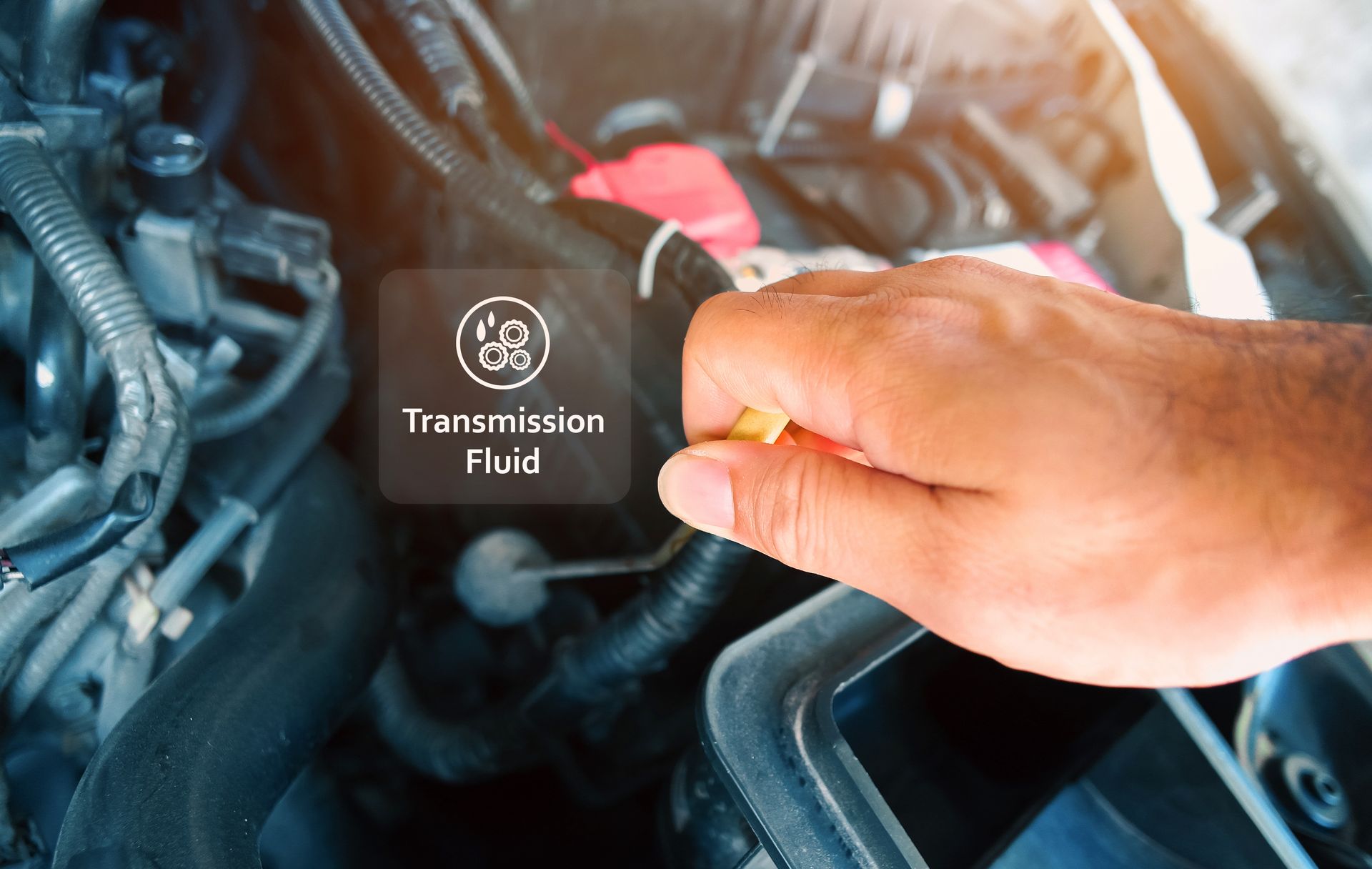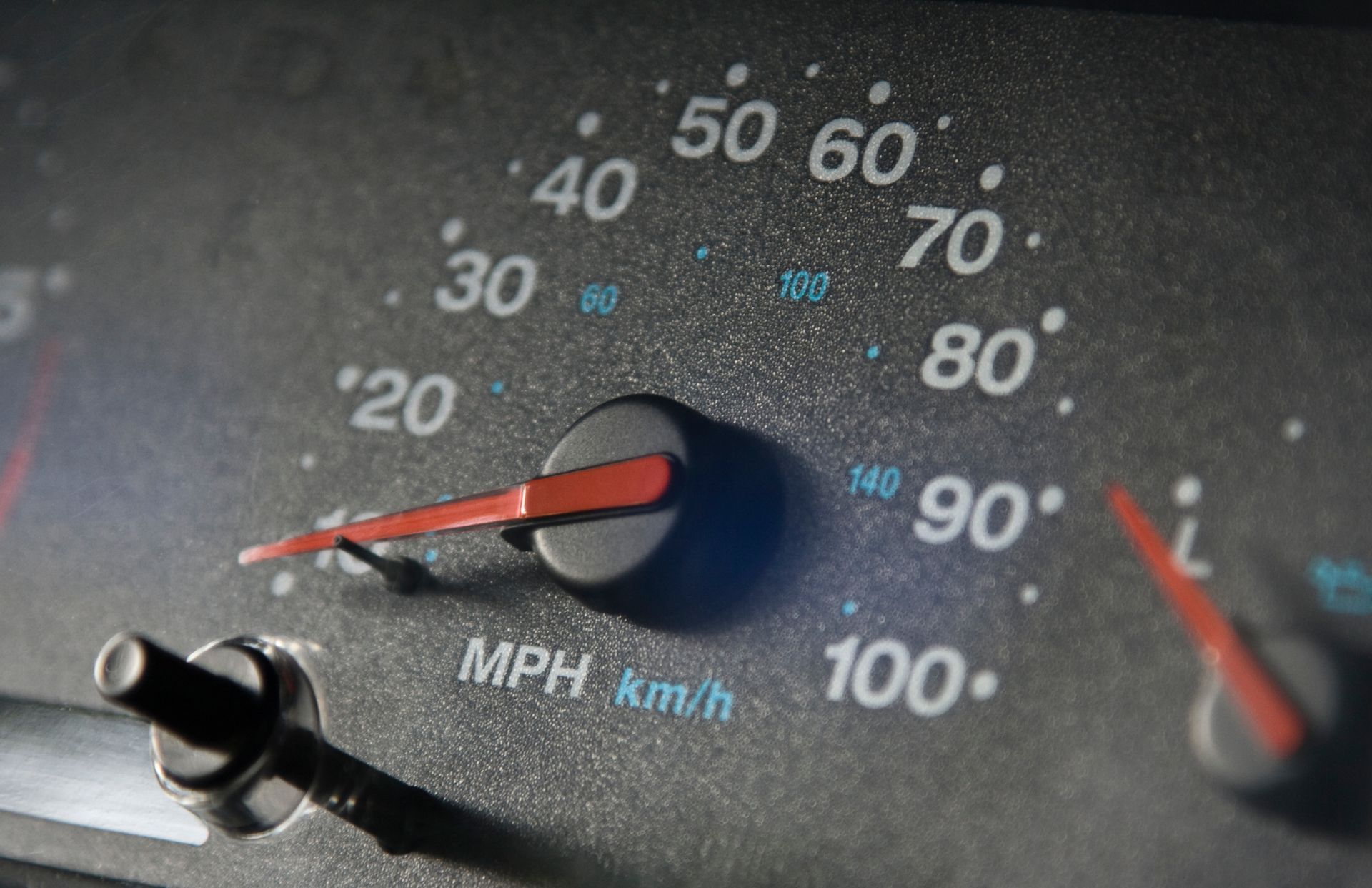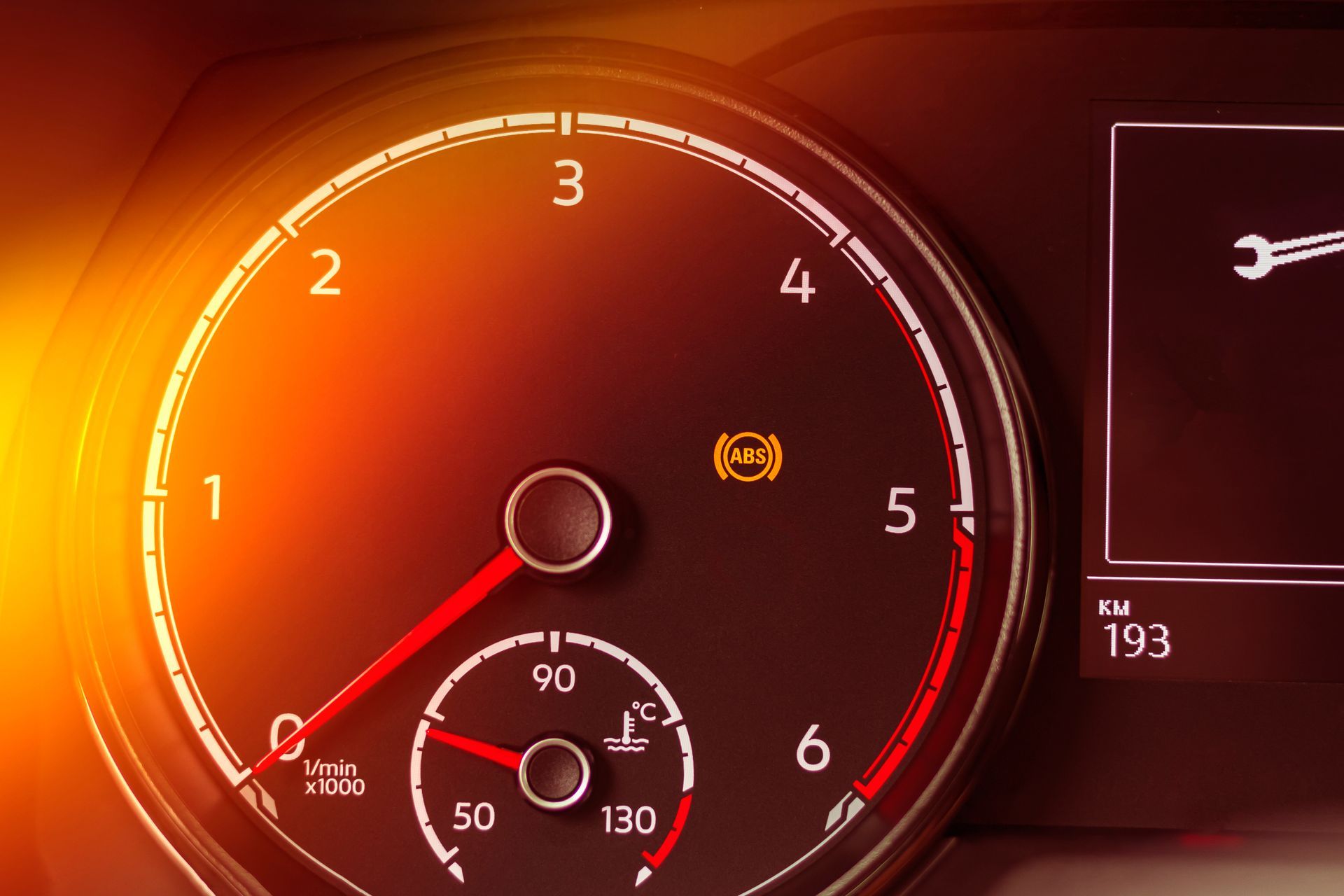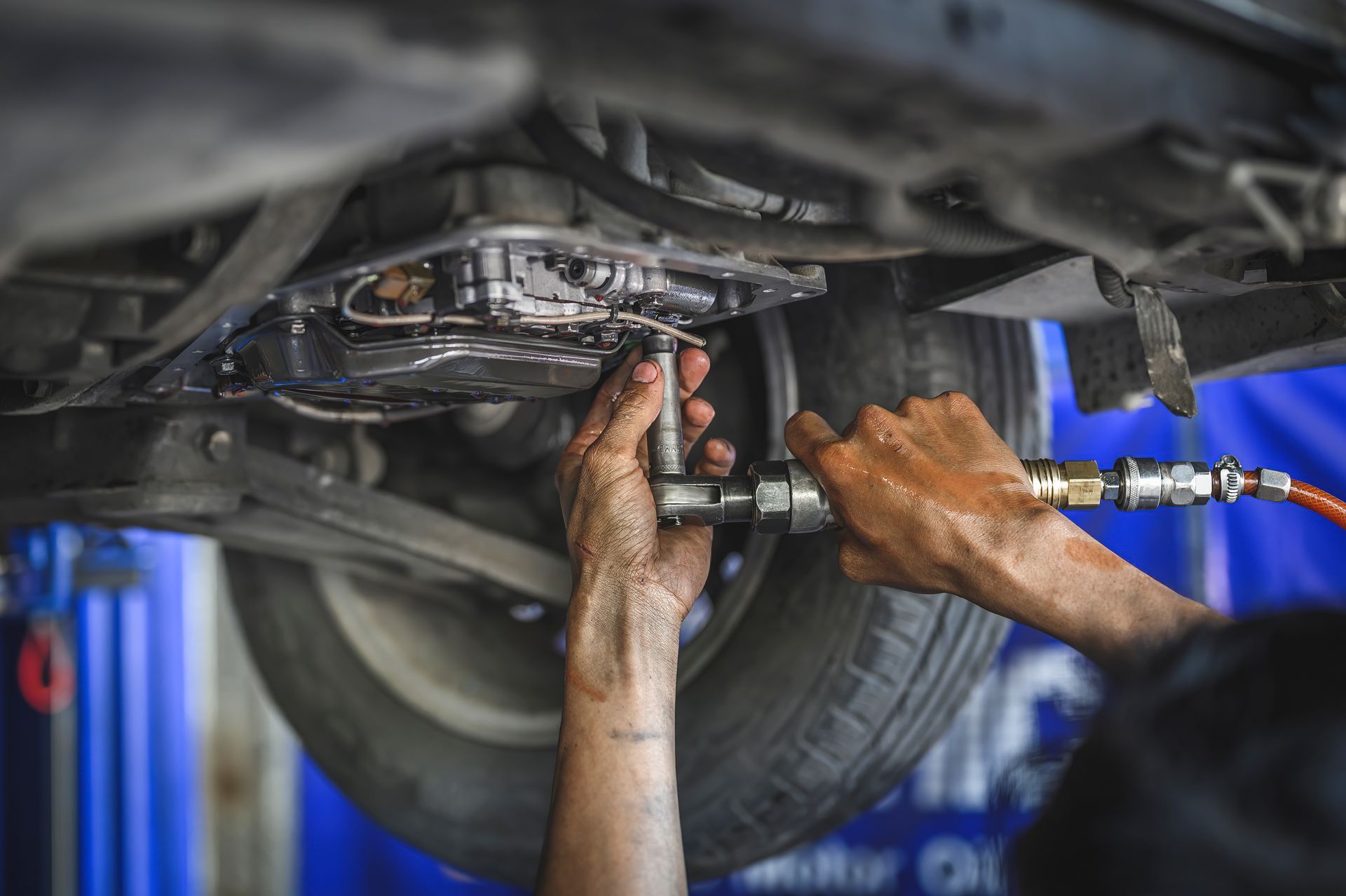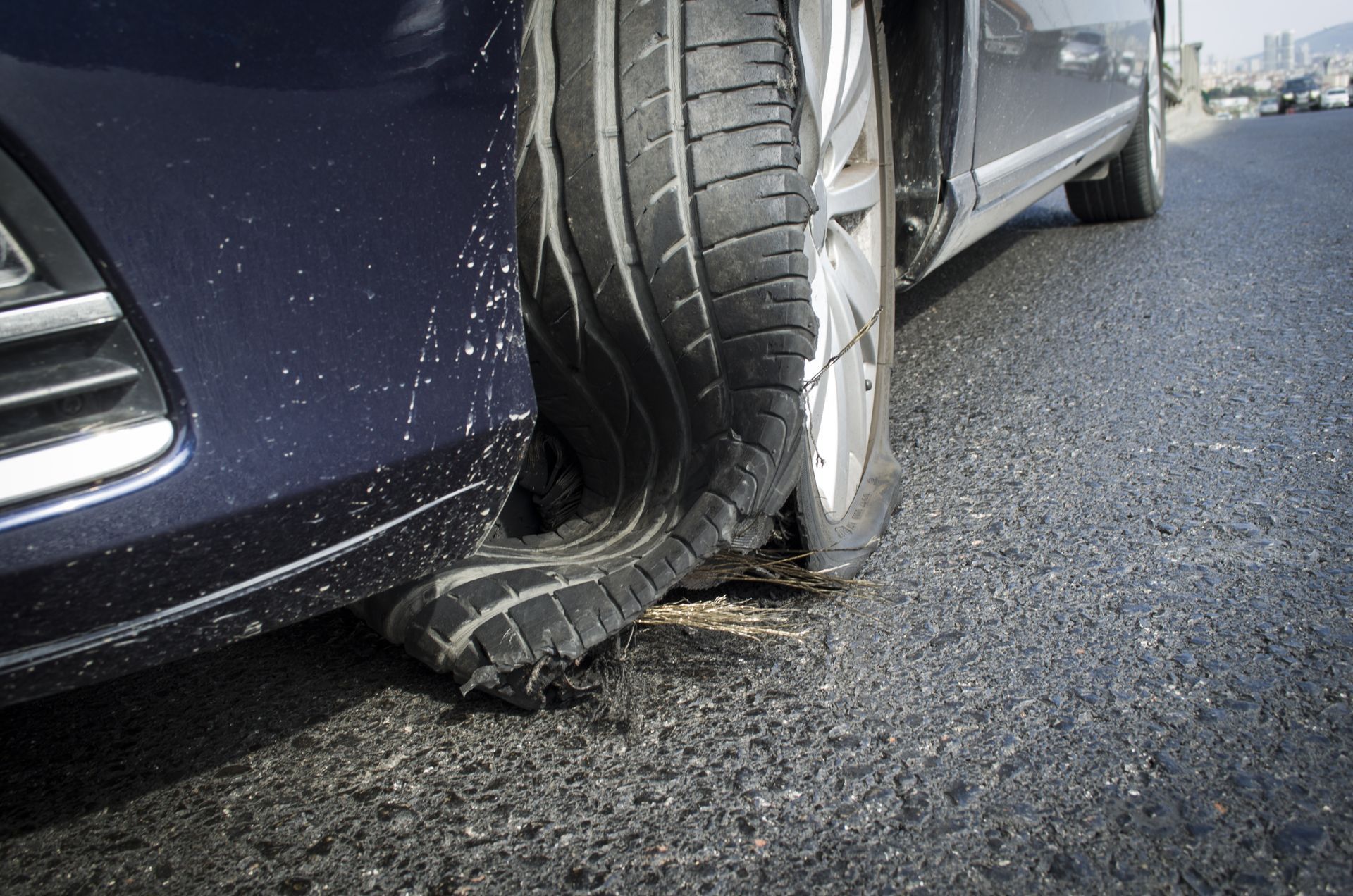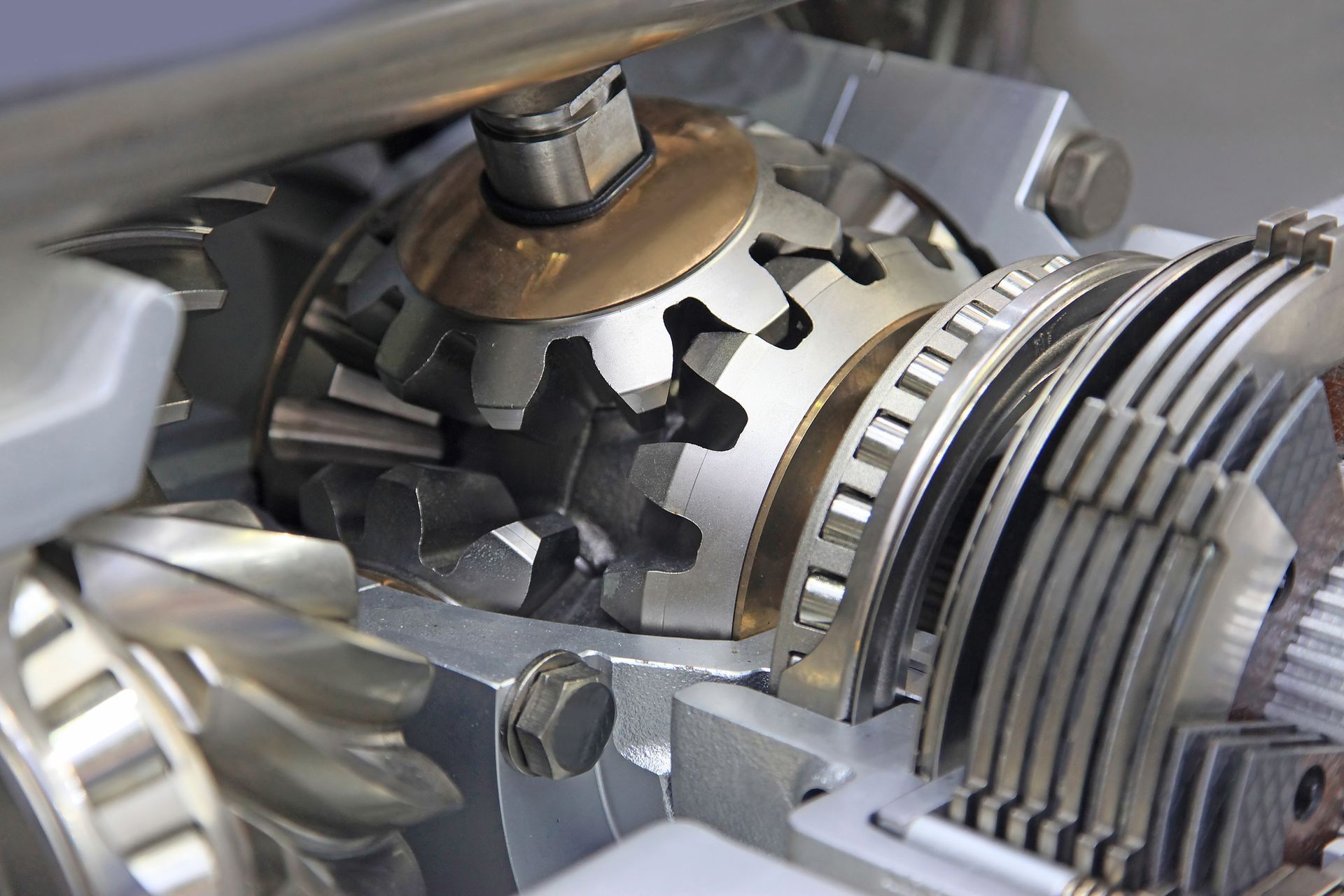Is your car showing signs of overheating? It's a common issue that can lead to serious damage if not addressed promptly. Let's explore the top reasons why cars overheat in Texas and what you can do to prevent it from happening.
1. Low Coolant Levels
One of the most common reasons for overheating is low coolant levels. Coolant, also known as antifreeze, helps regulate your engine's temperature. When levels are low, your engine can't properly dissipate heat, leading to overheating. Regularly check and top up your coolant to avoid this issue.
2. Faulty Thermostat
A faulty thermostat can also cause overheating. The thermostat regulates the flow of coolant through the engine. If it gets stuck closed, coolant can't circulate, causing the engine to overheat. Have your thermostat checked and replaced if necessary to prevent this issue.
3. Cooling System Leaks
Leaks in the cooling system can lead to a loss of coolant, causing your engine to overheat. Common culprits include hoses, radiators, water pumps, and gaskets. Inspect your cooling system regularly for any signs of leaks and have them repaired promptly to prevent overheating.
4. Clogged Radiator
A clogged radiator can impede the flow of coolant, leading to overheating. Over time, debris, dirt, and rust can build up in the radiator, blocking airflow and reducing its cooling efficiency. Regularly flush and clean your radiator to prevent clogs and ensure proper cooling.
5. Faulty Cooling Fan
The cooling fan helps dissipate heat from the radiator. If it fails to turn on intermittently, your engine may overheat, especially in stop-and-go traffic or at low speeds. Check your cooling fan for proper operation and have it repaired or replaced if necessary.
6. Engine Overload
Excessive strain on your engine, such as towing heavy loads or driving in extreme heat, can also cause overheating. To prevent overheating, avoid overloading your vehicle and give your engine breaks during long trips.
7. Water Pump Failure
The water pump circulates coolant through the engine and radiator. If it fails, coolant can't circulate properly, leading to overheating. Look for signs of water pump failure, such as coolant leaks or engine overheating, and have it inspected and replaced as needed.
What to Do If Your Car Overheats While Driving
If your car overheats while you're on the road, it's crucial to act swiftly to prevent further damage and ensure your safety. Follow these steps:
- Pull over to a safe location on the side of the road as soon as possible.
- Turn on the heater to its maximum setting. This helps draw heat away from the engine.
- Turn off the engine and allow it to cool down. Do not attempt to open the radiator cap while the engine is still hot.
- Check the coolant reservoir and radiator for low coolant levels. If necessary, add coolant, but only after the engine has cooled down.
- If you can't identify the issue or if the car continues to overheat, call Eagle Transmission & Auto Repair, and we can check your vehicle and find out the reason.
Don't let car overheating ruin your day. Let Eagle Transmission & Auto Repair handle it with our reliable services. Call us for immediate assistance and towing to our shop for a quick fix.



























